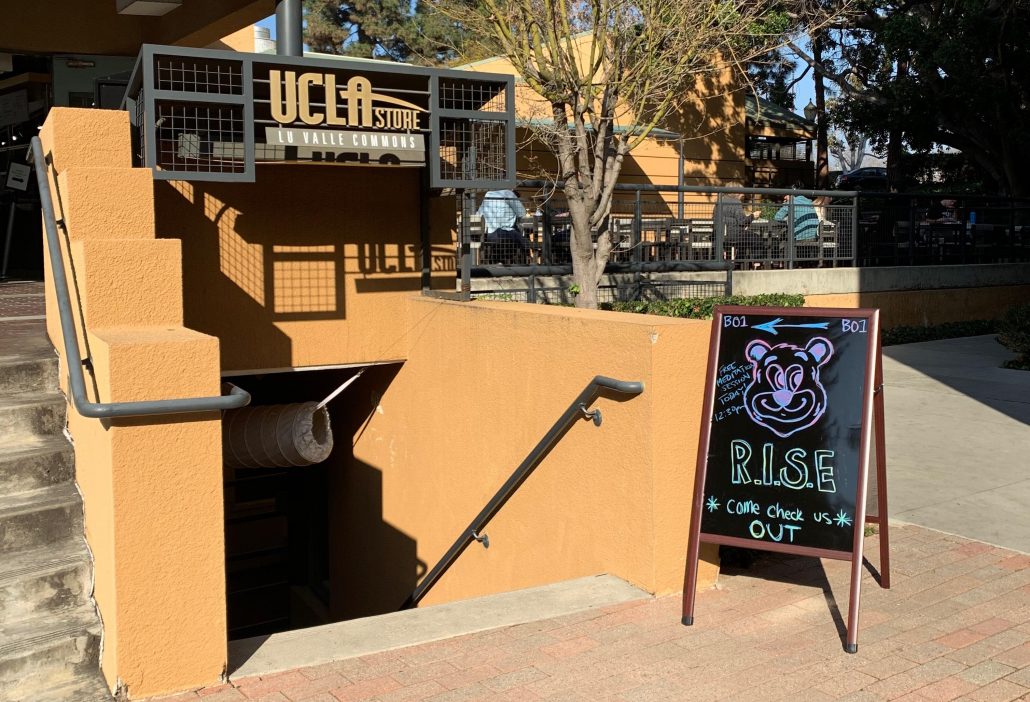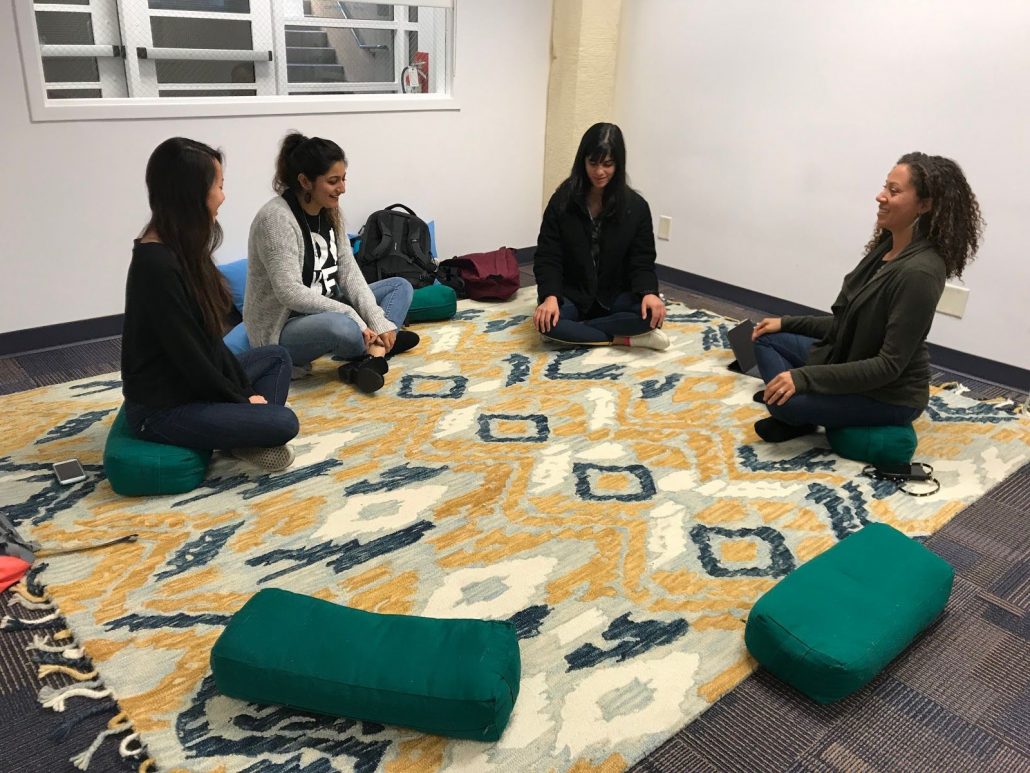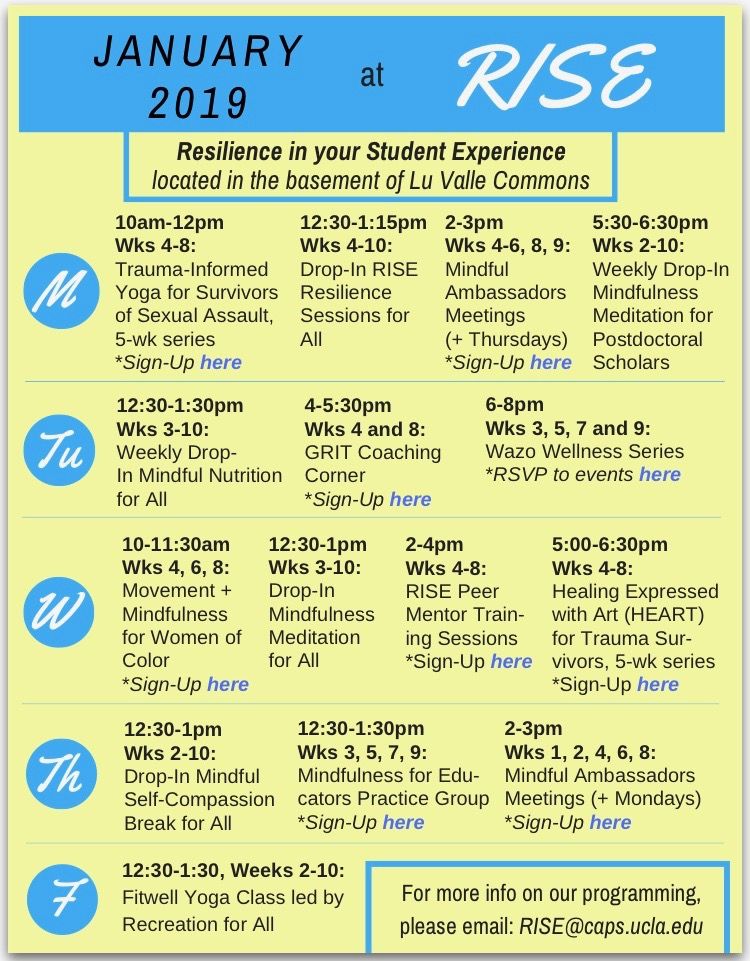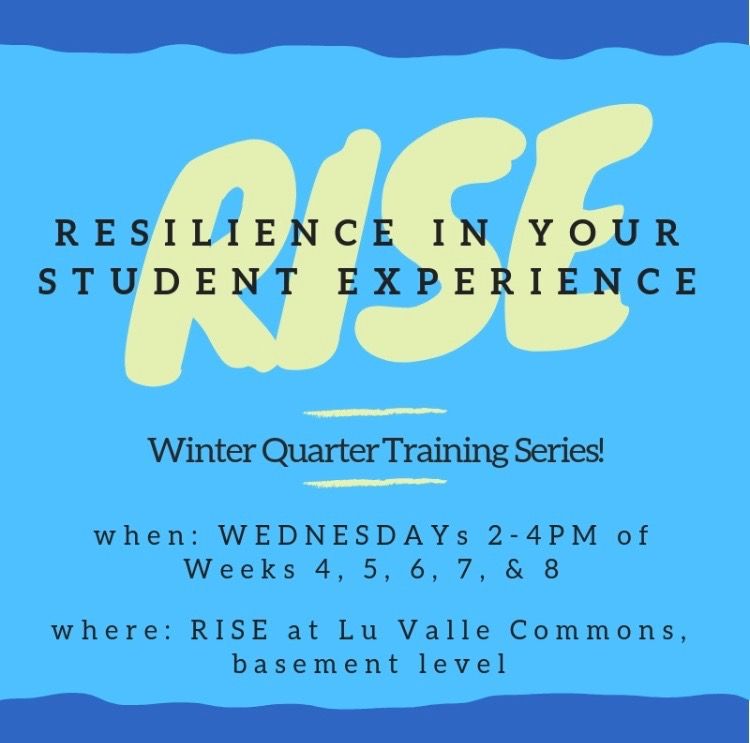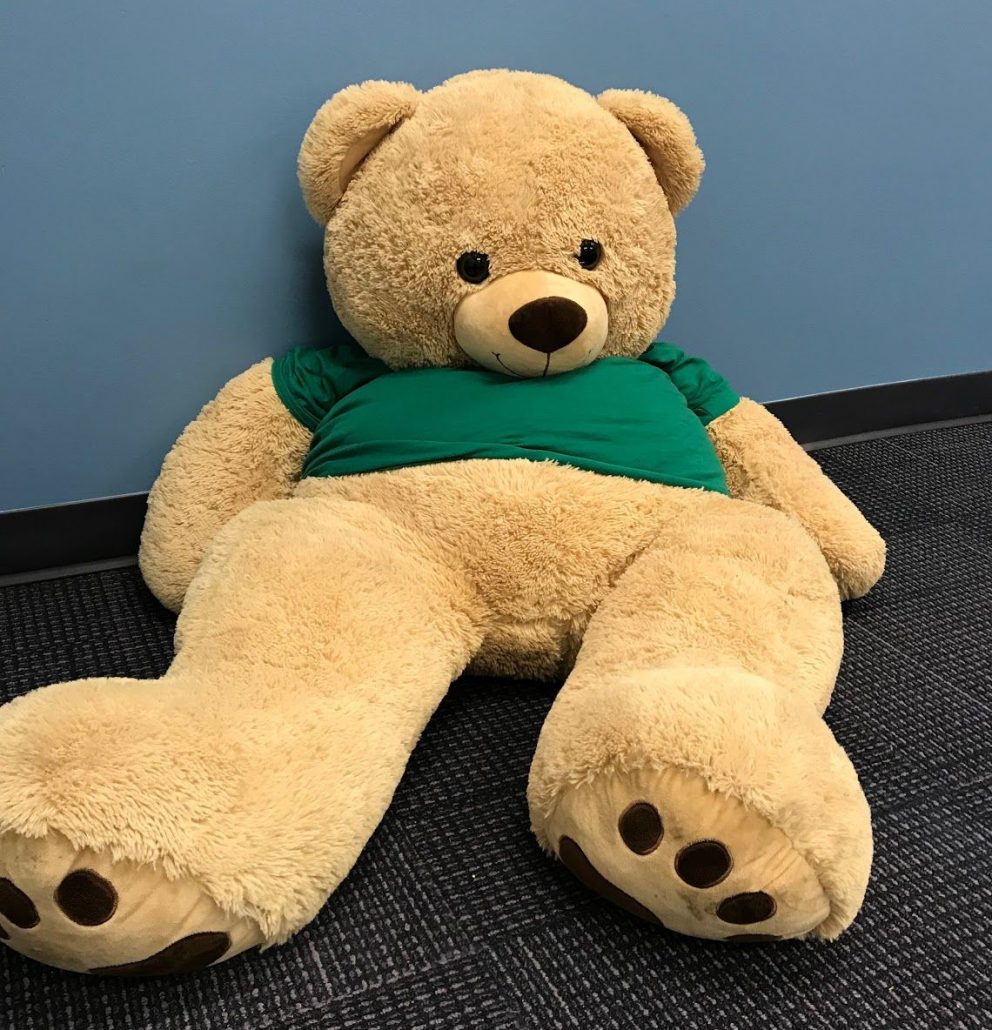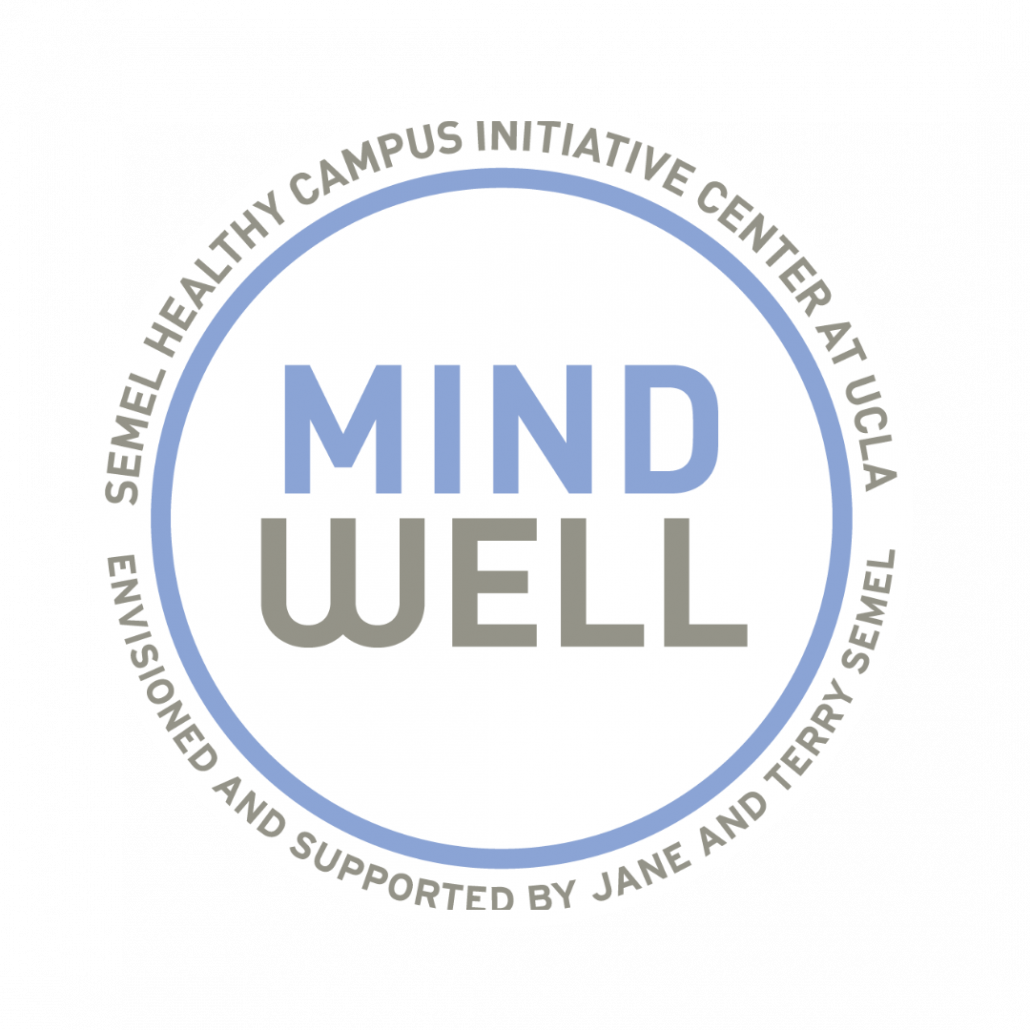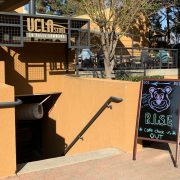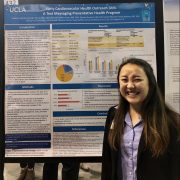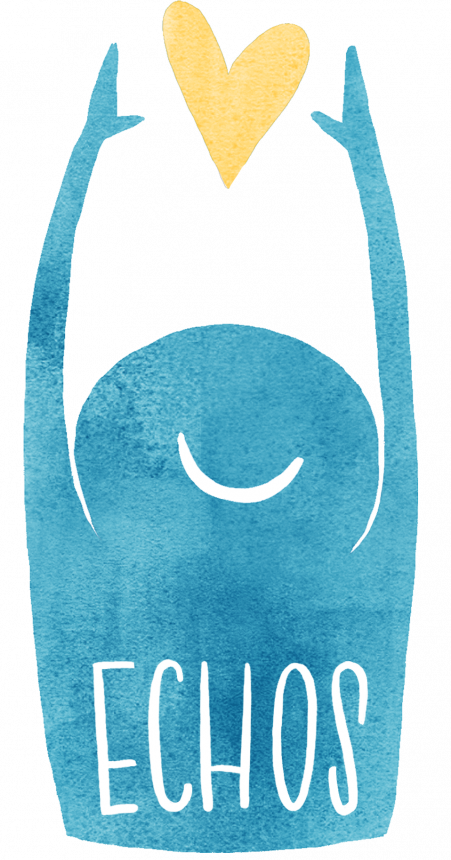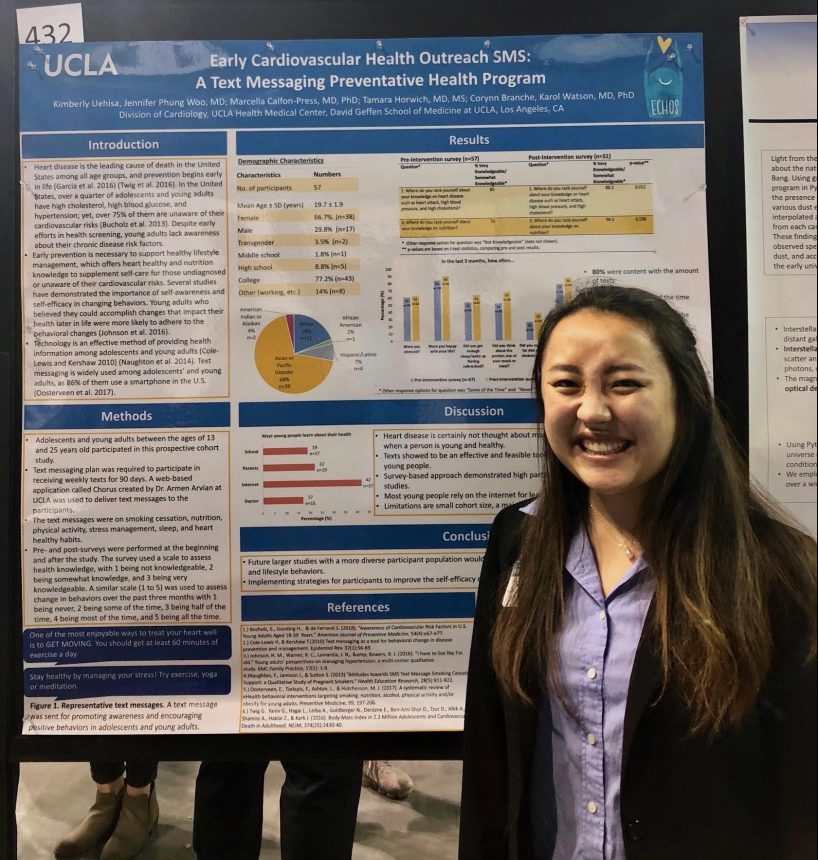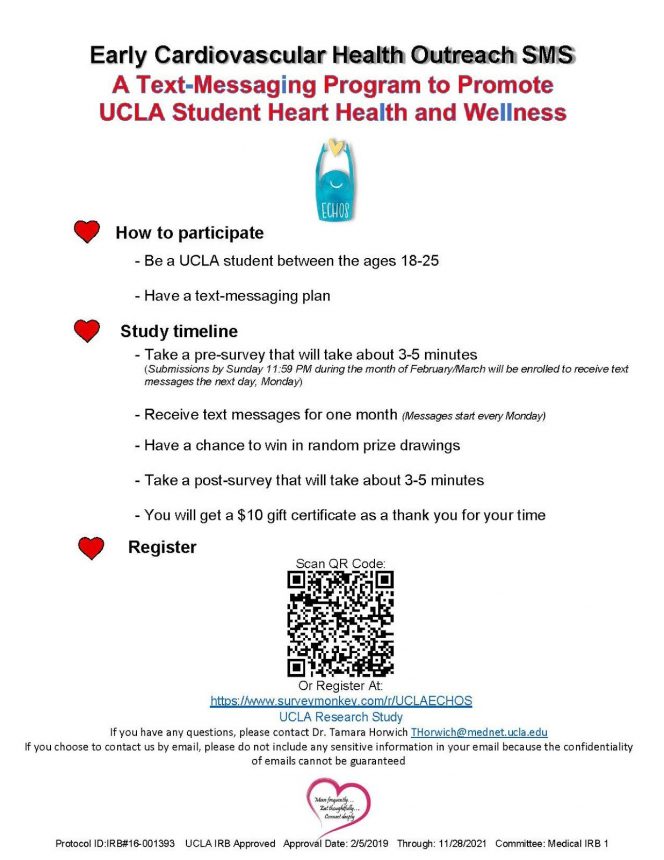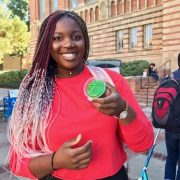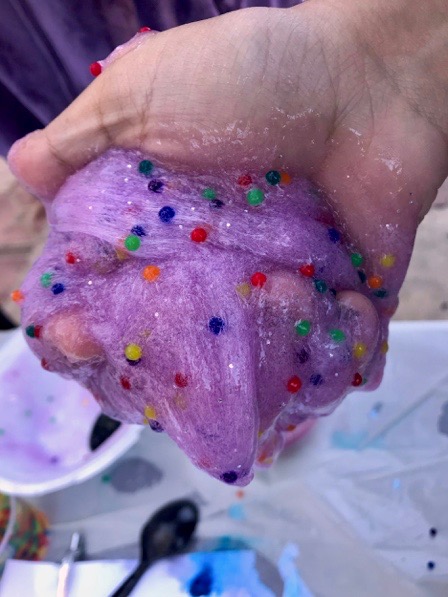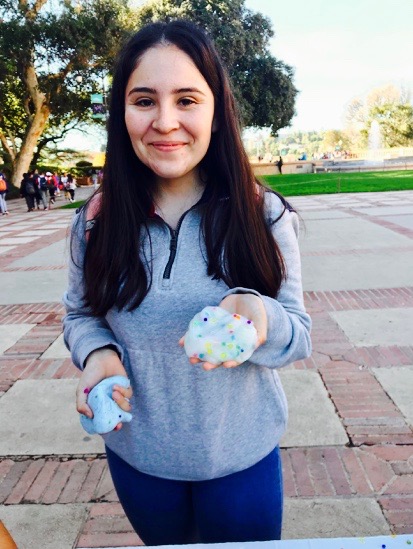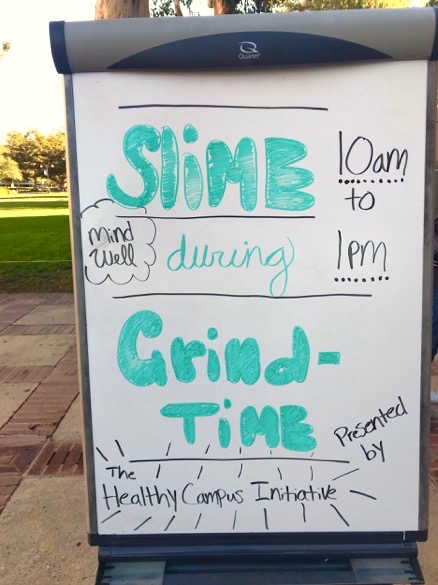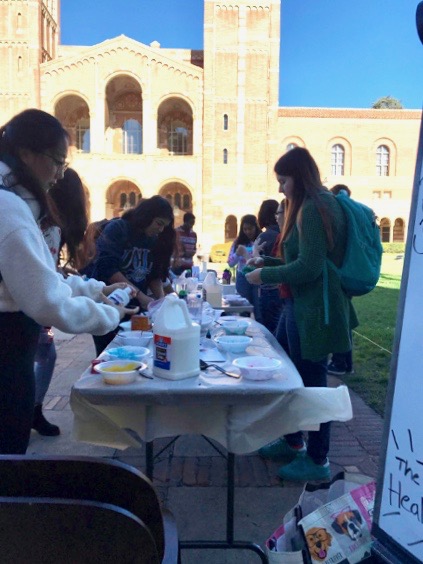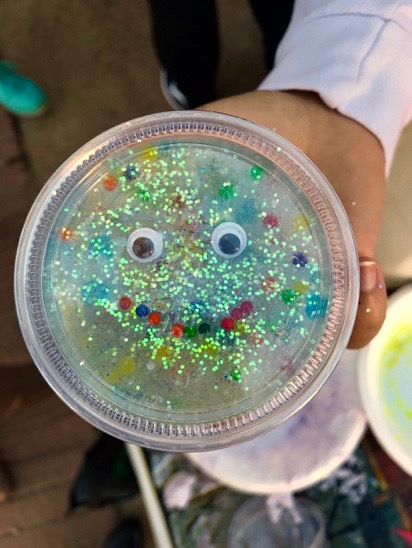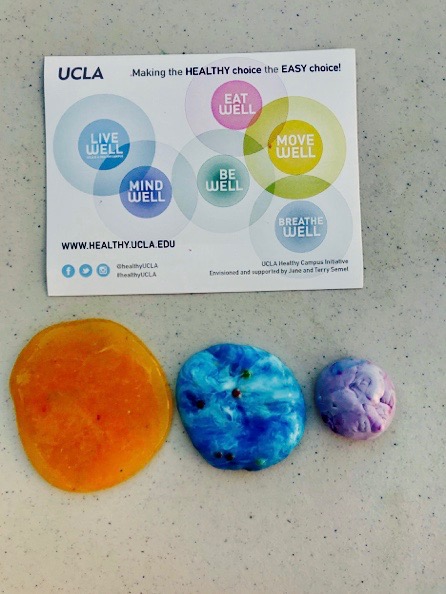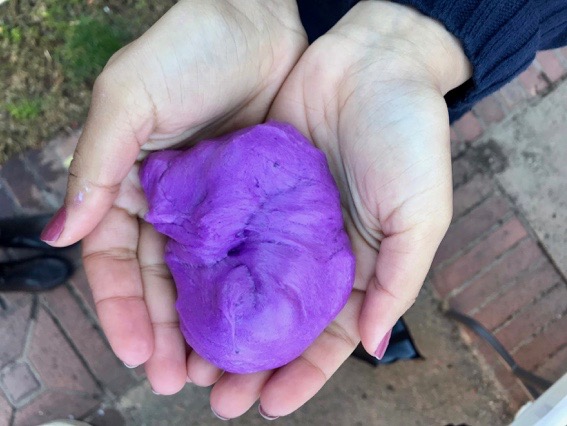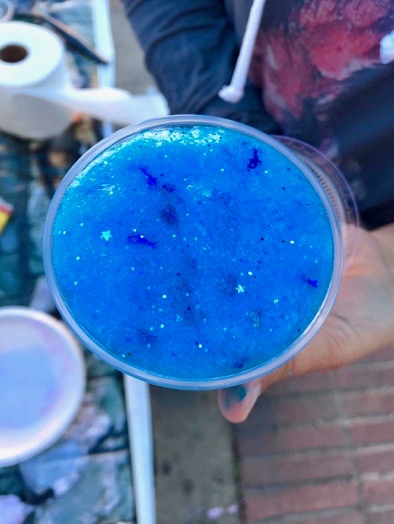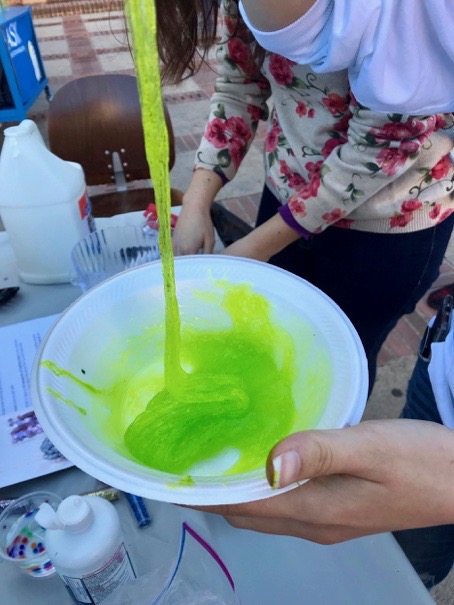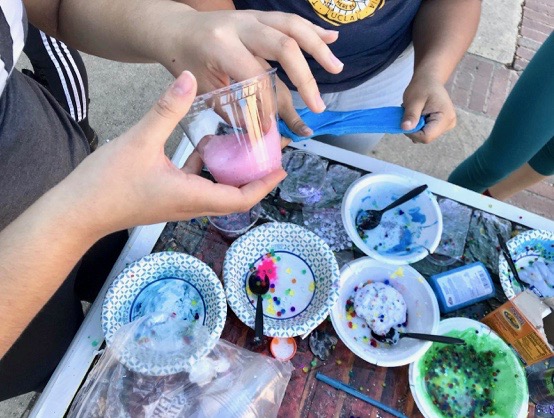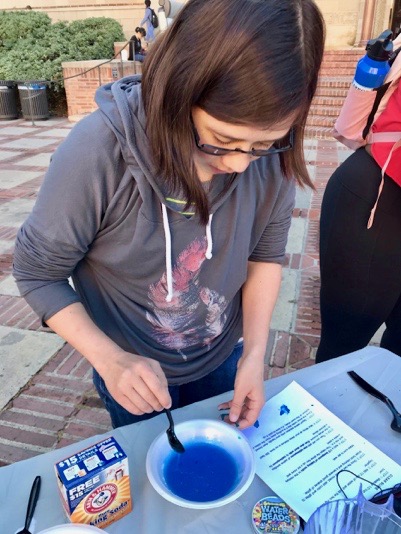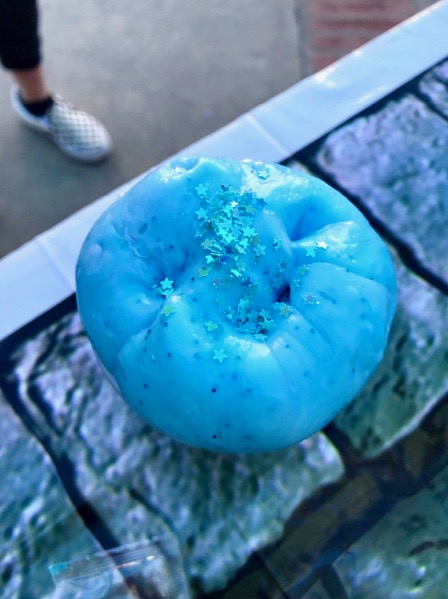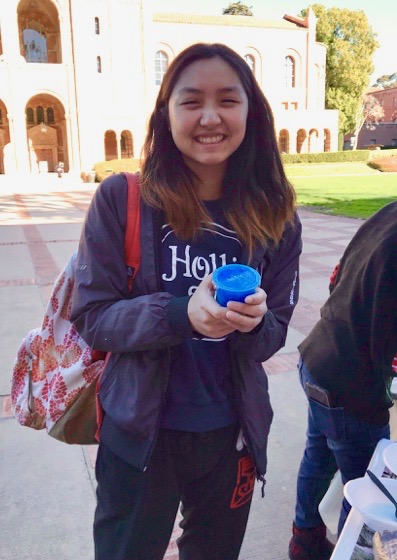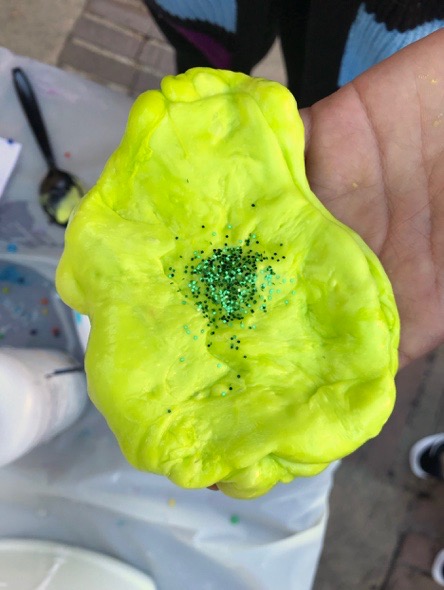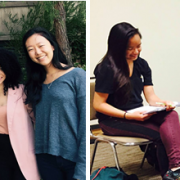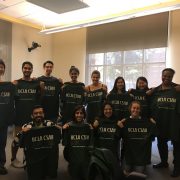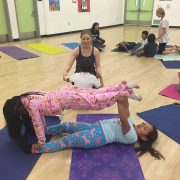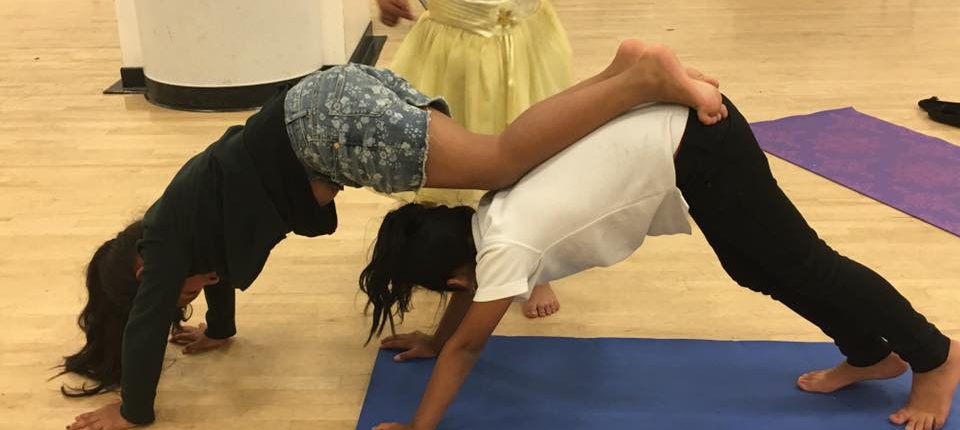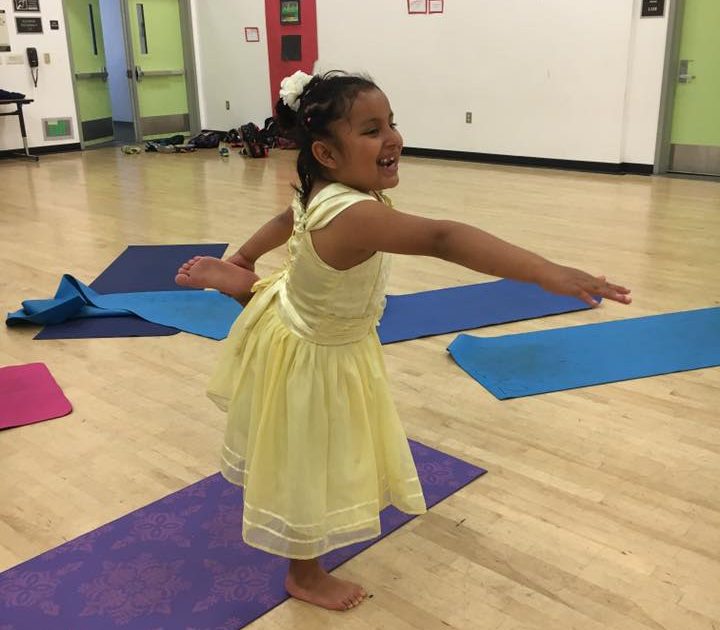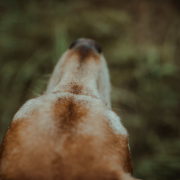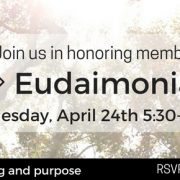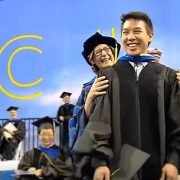How can we become more aware of ourselves while holding space for other’s point of view? Photo credit: Anna Caitlin Photography.
I hear Yanni, or Yanny. I’ve seen it spelled both ways. I have no flipping clue how you would ever hear Laurel. (If you don’t know what I’m talking about, read this. Then come on back now, ya hear?…See what I did there?).
Sometimes the universe hands you a nice, clear example. Last week, as I prepared a presentation on multicultural assessment, Reddit delivered with an audioclip that set the internet ablaze. People heard the same clip, but perceived the message in a vastly different way. Setting aside the science of frequencies, this clip highlighted individual difference and the lenses through which we perceive the world. My lens was Yanni, maybe yours was Laurel.
Awareness of ourselves is vital for moving towards cultural competence. How do I see the world? What cultural lens am I using? Sue and Sue define culture as “all those things that people have learned to do, believe, value, and enjoy in their history. It is the totality of ideals, beliefs, skills, tools, customs, and institutions into which members of a society are born.” Each of us have our specific layer of lenses, creating a kaleidoscope through which we view the world.
In my life, what lenses do I use? Do they get in the way? How do they affect those around me, the patients I serve, my supervisors, myself? How can I increase my awareness and knowledge of these lenses, learn to talk about them with others, recognize a blind spot, notice a smudge that I want to clean in order to see differently? (Give me time, I can beat a metaphor to death).
As someone who was raised in the dominant culture (I identify as a white, cis-gendered, straight woman) and considers themselves an ally, I feel powerless at times. I want to know what “to do” to better the world, my community, the people I serve. It took me a long time to see that this desire in and of itself is my culture. I was raised believing that I could change things for the better, and if you see a problem, work to fix it. But for topics like multiculturalism, allyship, privilege, etc., the end result is not clear. What would be useful? Can someone tell me how to go about navigating the nuanced terrain of diversity…a list would be particularly lovely.
For me, this journey towards increasing my knowledge of diversity has included quite a bit of embarrassment. A lot of, “Oh my gosh, I have totally said/done that before.” This journey is not about me showing other groups or people that I am with them, but about looking at myself and taking personal responsibility. That whole, “put on your mask before assisting others” idea. So, for all of you list-lovers like me, here is a cultural introspection “to do” list:
- Be curious.
- Use tools.
- Find your group.
- Be kind.
One. Be curious. Curiosity is vital to increasing awareness and is one of the best ways to learn about yourself. Well, actually, siblings or honest friends are also helpful (see number three). Be curious about your viewpoint, why you think the way you think. Additionally, be curious about the experience of others. You will never know if someone hears Laurel or Yanni unless you ask. Be curious, but don’t push.
Two. Use tools. There are various consciousness-raising tools available. I prefer those that allow for, and expect, intersectionality. My personal favorite, the Social Matrix (page 40), was created by Jodie Kliman, Ph.D. It allows you to explore the ebb and flow of privilege and marginalization within yourself and your own social landscape. Working with this matrix, I saw my privilege in a new light and it allowed me to “do” something. This knowledge changed me and changed the way I move in the world. Take a look. I encourage you to fill out the matrix for yourself. Next, fill it in for someone you think you know well. Then talk about it. Where were you spot on? Where did you miss the mark? This brings us to three.
Three. Find your group. One that allows vulnerability. Where you can have challenging conversations, be called to the carpet, and learn to handle the feelings and thoughts about yourself when you “step in it.” The road to increasing your cultural competency is a long one. Actually, I hope I’m the not the first to say this, but this road doesn’t end. We never “become” culturally competent, but can continue to strive towards it. Basically, don’t go it alone.
Finally. Four. Be kind. To yourself and to others who are working to increase their own awareness. This stuff is hard. Embarrassment, shame, and guilt will be some of the hardest hitters on this journey, followed by anger and sadness. Each is important to feel and move through. Therefore, kindness is vital. As the Dalai Lama said, “Be kind whenever possible. It is always possible.”
Megie Shean is a postdoctoral fellow in the Clinical Neuropsychology of Trauma and Resilience Track at UCLA’s Semel Institute of Neuroscience and Behavior. She earned her doctorate in clinical psychology at Pacific University and completed her pre-doctoral internship at the Vanderbilt University/VA Tennessee Valley Internship Consortium. Her clinical interests include Posttraumatic Stress Disorder, Traumatic Brain Injury, and the use of complementary and alternative treatments.
